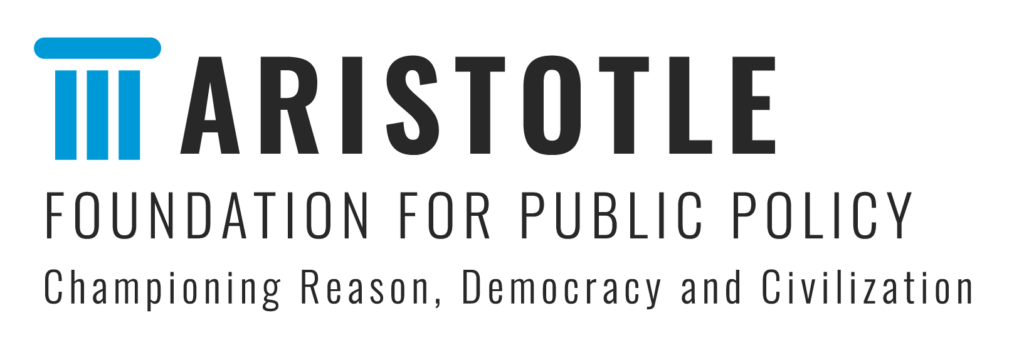
The Toronto District School Board recently sent a “teaching resource” to TDSB staff. The 40-page document is entitled “Facilitating Critical Conversations: A Teaching Resource for Challenging Oppression in Toronto District School Board Classrooms.”
Here are four excerpts that illustrate the school board’s claim of racism in schools:
The TDSB document has been withdrawn, for now. However, the ideas in it will show up again. They are widespread in the education system including in universities and in education ministries.
A problem: The TDSB document and its authors assume any differences in education or economic outcomes must be due mainly to racism. That’s obvious in the claim that race is a “dominant identity factor in determining peoples’ social, political, economic, and cultural experiences.”
Reality Check: That’s monocausal and mistaken. Such assumptions omit the effect of education levels, geography (rural citizens earn less than those in urban locations), culture, family dynamics, the length of time a new cohort has lived in a country, and other “inputs.” They thus omit how many factors and not just racism can impact economic outcomes.
In Canada, the Aristotle Foundation for Public Policy has published several studies and commentaries on this mistaken, monocausal approach to racism claims and the data.
Toronto financial analyst Matthew Lau examined whether Canada is systemically racist in his October 2023 Aristotle Foundation Reality Check, “Systemic racism claims in Canada: A fact-based analysis.”
Lau found that, “[c]ontrary to claims that racial minorities in Canada suffer widespread systemic disadvantages, Statistics Canada data show that Canadian-born individuals of many visible minority groups are succeeding relative to the rest of the population.”
Lau examined various ethnic cohorts in Canada for earnings, education levels, professional occupations, and public-school test scores. Here are some selected findings:
In February 2024, Wilfrid Laurier political science professor David Millard Haskell reviewed the literature on Diversity, Equity and Inclusion (DEI) training in his Aristotle Foundation Reality Check, “What DEI research concludes about diversity training.”
Haskell found that
For a summary look at why monocausal claims of racism are in error, watch Matthew Lau’s video “Is Canada systemically racist?”
Image credit: iStock


The logo and text are signs that each alone and in combination are being used as unregistered trademarks owned by the Aristotle Foundation. All rights reserved.
SUBSCRIBE TO OUR NEWSLETTER
SUBSCRIBE TO OUR NEWSLETTER

are signs that are each alone and in combination are being used as unregistered trademarks owned by the Aristotle Foundation. All rights reserved.
SUBSCRIBE TO OUR NEWSLETTER

SUBSCRIBE TO OUR NEWSLETTER
